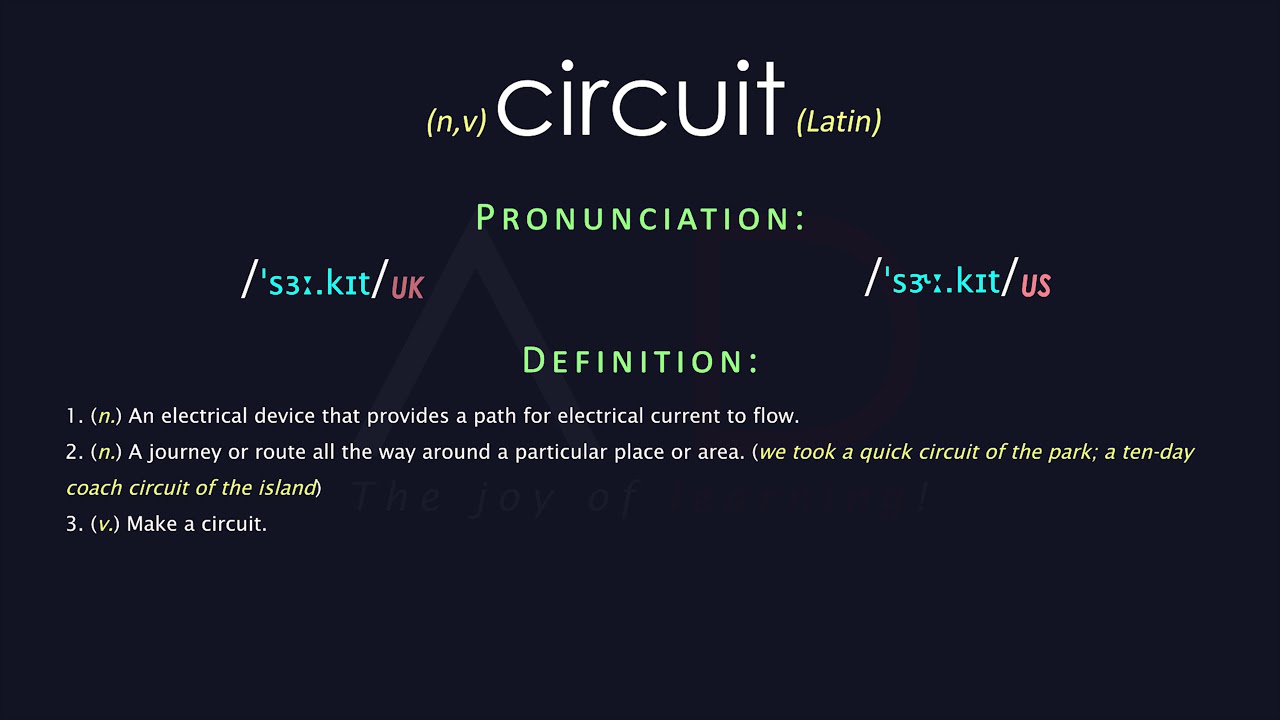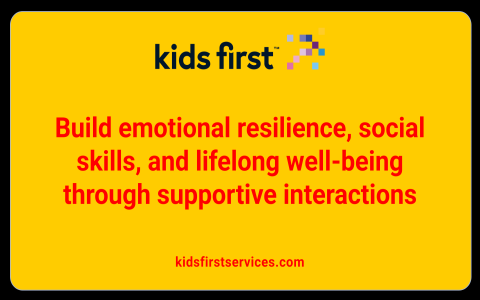Okay so today I decided to dive into why getting circuit pronunciations right actually makes a difference. Sounds super niche, right? But man, realizing this has saved me from sounding like a total noob so many times lately.

Where I Started (The Facepalm Moment)
It all began couple weeks ago. I was showing a friend my latest project, this little sound amplifier circuit on a breadboard. Feeling pretty proud, I pointed and said, “See this? It’s a resistor… well, actually its a rezistor… uh…” Yeah, I stumbled. Totally blanked on how to actually say it confidently. Was it REZ-ih-ster or re-ZIS-ter? Then, later that week, I was trying to explain how a specific capacitor (cuh-PASS-uh-ter? CAP-uh-suh-tor?) worked in a video call, and I saw genuine confusion on people’s faces. Felt kinda ridiculous talking about parts all day but flubbing the basics. That was my wake-up call.
The Actual Doing Phase
Right, needed to fix this. No more winging it. Here’s what I actually did:
- Fired up the tube: First thing, went straight to tech explainer channels. You know, the big ones everyone watches. Paid super close attention to how they said things like diode (always DY-ode, never DEE-ode for electronics, apparently!), transistor (tran-ZIS-tur), and inductor (in-DUK-ter). Listened, paused, repeated out loud like a weirdo.
- Wrote it down – phonetically! Scribbled messy notes next to parts lists:
- Capacitor: Kuh-PASS-i-ter (that first ‘a’ is soft like ‘uh’)
- Resistor: Re-ZIS-ter (stress on the ‘ZIS’)
- Transistor: Tran-ZIS-ter (again, stress on ‘ZIS’)
- Diode: DY-ode (like “die” + “ode”)
- Inductor: In-DUK-ter
- Potentiometer: Puh-TEN-shee-OM-e-ter (mouthful, gotta practice that one!)
- Practice, Practice, Annoy Everyone: Seriously, started saying the names out loud while tinkering. Putting a capacitor in? Said “kuh-PASS-i-ter” clearly, even to an empty room. Saying “Next I solder this re-ZIS-ter…” even if my dog gave me funny looks. Focused hard on stressing the right syllable – that’s key! “ZIS-ter” sounds wrong unless you nail that stress on “ZIS”.
Why Bother? The Lightbulb Moments
Here’s the thing – doing this felt silly at first, but it quickly became super useful:
- Less Confusion, Seriously: Explaining my project to someone else? Way smoother. They knew exactly which part I meant when I said transistor clearly instead of mumbling. No more “wait, which black thingy?” moments.
- Sounding Like You Know Stuff: It’s shallow maybe, but saying “potentiometer” correctly (well, trying!) just makes people think you might actually know how it works. Small confidence boost.
- Learning From Others Got Easier: When you know the word, you hear it clearer in videos or talks. Makes absorbing info way faster because you’re not mentally translating garbled sounds.
- The Pattern Click: Noticed something cool: loads of these terms stress the second syllable? (re-ZIS-ter, tran-ZIS-ter, in-DUK-ter, po-TEN-ti-om-e-ter – okay that last one breaks the rule!). Capacitor stresses the ‘PASS’, which is close! Helped me guess pronunciations better for other words.
Bottom Line: Pronouncing circuit stuff right? It’s not about being a grammar snob. It’s about clear communication, avoiding dumb misunderstandings, and honestly, just sounding less lost when talking about something you love. Took me stumbling over words to learn that. Simple practice, big payoff. Still butchering potentiometer sometimes, though!
